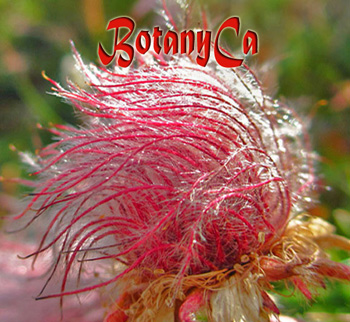A ‘weedy’ Roscoea?!!
Yes, that’s how I labeled the Roscoea species from these photo for a while.

Roscoea cf. scillifolia purple; photo taken last week (Oct. 17, 2018)
It was grown from seeds which came labeled as ‘R. tibetica narrow leaves’ (seedex).
Given the arrangement of leaves it become clear it was not R. tibetica even before flowering.The flowers resemble on a superficial look but then the way the capsules are formed also differ. So, it got the label Roscoea ‘non-tibetica’.
It proved to be the fastest growing Roscoea I’ve seen and flowered in the second year; also producing seeds. It was a bit hard to believe and the label was changed from Roscoea ‘non-tibetica’ to Roscoea ‘weedy’ :-)
I planted it in the garden two years ago curious to see if it will survive. Not only it did but as seen in the picture it thrives. Last year I didn’t collect any seeds and new seedlings are now added to the initial little clump.
All floral parts were photographed and measured; using the Roscoea Monograph of Jill Cowley it was found to fit into the highly variable Roscoea scillifolia species. Until someone does more work in Roscoea taxonomy, seeds will be offered as such in the shop; cf. because there is not enough data to be 100% sure, purple – to differentiate it from the usual pink and dark- flowered forms of R. scillifolia in culture.
And because it is Friday, here are the seeds:

Roscoea cf. scillifolia purple seeds: “elliptic to triangular, shallowly lacerate”
Why not give a try to this ‘weedy’ Roscoea?
Admittedly it is not one of the showiest of the species, but it is hardy, easy to grow and it flowers fast. Plus, let’s not forget that “propagation means conservation” (Prof. Norman Deno)
*R. scillifolia sensu latu, it is supposed to be extinct in the wild at the present.
**Although usually considered more fancy plants, Roscoea species are not hard to germinate and grow, but it takes few years to have them flowering. Also, it is difficult to keep them alive for many years in open ground (the fleshy roots are prone to rot in wet/cold conditions).





